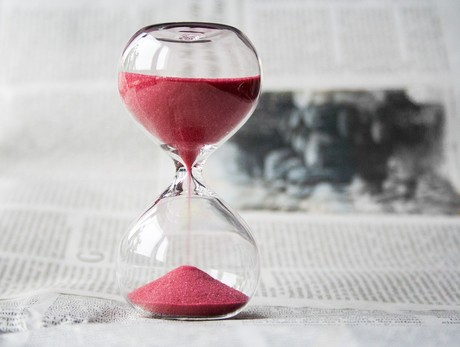Death clocks — take with a pinch of salt
Wednesday, 01 February, 2017

The good news is that we are all living longer. The bad news is that we will all die … but when?
In , John Appleby, chief economist at the , uses online ‘death clocks’ to calculate the date of his demise, but finds that his life expectancy varies depending on who he asks.
Knowing when you are going to die could help make life choices, he writes, but he suggests that death clocks should come with a health warning — and the results should be taken with a pinch of salt.
from the (ONS) period life tables estimate life expectancy at birth averaged across the three years of 2013 to 2015 to be around 79 years for boys and 83 for girls, explained Appleby.
Over the past 33 years, average life expectancy at birth for UK residents has been increasing by, on average, 13.1 weeks per year for boys and 9.5 weeks for girls.
Of course, many factors can affect life expectancy, such as genetics, lifestyle, wealth, education and employment. Being married, for example, can add over a year to life expectancy compared with being single. even suggests that optimists have a 55% lower risk of early death than pessimists.
But for a more individual perspective, Appleby says you need to adjust these figures for personal characteristics and circumstances.
Based on his sex and the current mortality for his age group, ONS life tables suggest Appleby will die around May 2040, about a month after his 82nd birthday.
But plugging a few more personal details — such as his marital status, income and stress levels — into a random selection of online death clocks produced a range of predictions for his life expectancy from 67 to 89!
Some of the variation in predictions is due to differences in the basic life table data that the clocks use (some are based on non-UK data, for example), Appleby explained.
Differences will also arise given the particular risk calculators (prediction models) used, the number of variables included and the way they combine variables to produce individualised forecasts.
So perhaps the only safe conclusion is that death clocks should come with a health warning, Appleby concluded. “Calculating the date of your demise is somewhat sobering and the results should be taken with a pinch of salt,” he said.
Raising 'tech neck' awareness this Spinal Health Week
For Spinal Health Week, 26 May–1 June, the Australian Chiropractors Association has...
New Aged Care Act: six things providers need to know
On 1 November, the new Aged Care Act comes into effect, marking once-in-a-generation reforms. A...
A Day in the Life of a rehabilitation physician and burnout coach
Dr Jo Braid is a rehabilitation physician and coach dedicated to transforming burnout recovery...





